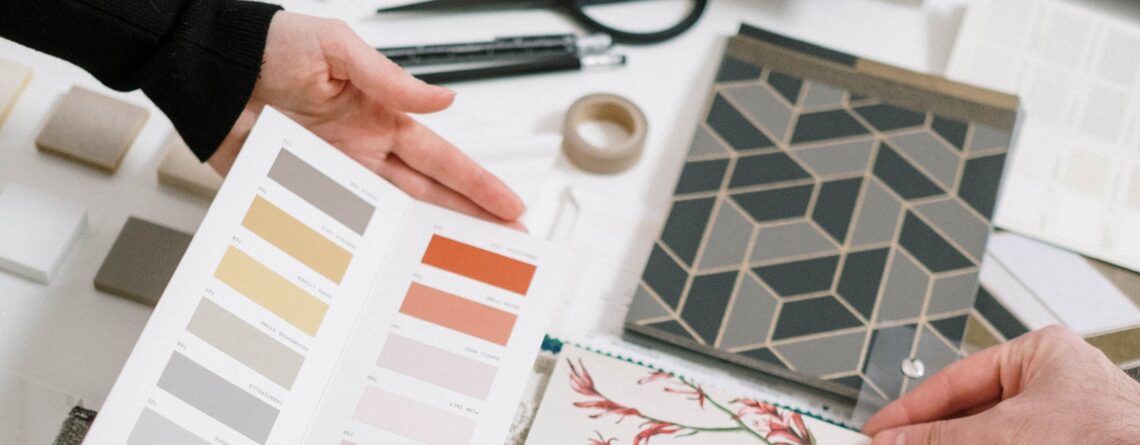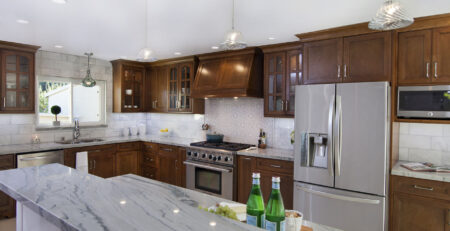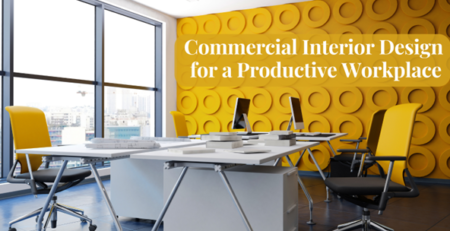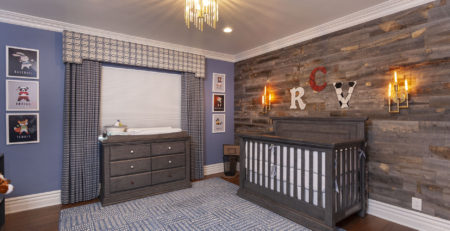From Aesthetics to Functionality: The Value of Interior Design
Interior design is a dynamic field that influences commercial and residential spaces’ functionality, aesthetics, and overall experience. While some may perceive it as purely aesthetic, interior design goes far beyond decorating. It involves meticulous planning, problem-solving, and creativity to create environments that are visually appealing, functional, and purposeful. In this article, we will explore key reasons why interior design is crucial in both commercial and residential spaces.
Enhanced Aesthetics
One of the most apparent reasons for the importance of interior design is its ability to enhance the aesthetics of a space. In both commercial and residential settings, a well-designed interior can create a visually appealing, harmonious, and inviting atmosphere. Residential interior design elements such as the color schemes, furniture selection, lighting, and decorative accessories all contribute to the overall ambiance of a space. Whether a modern office with a sleek, minimalist design or a cozy living room with warm, inviting colors, aesthetics play a significant role in creating a positive impression.
Improved Functionality
Interior design is not only about making spaces look good but also optimizing their functionality. In commercial spaces like offices, efficient layouts, ergonomic furniture, and well-planned storage solutions can enhance productivity and streamline operations. In residential spaces, affordable interior design creates layouts that make the best use of available space, ensuring that rooms serve their intended purposes effectively. This optimization of functionality leads to more comfortable and practical living and working environments. Moreover, skilled interior designers often oversee the project management aspects, ensuring that every detail aligns with the functional and aesthetic goals of the space.
Personalization And Expression
Interior design provides an opportunity for personalization and self-expression. In residential spaces, homeowners work closely with interior designers to infuse their personalities, tastes, and preferences into the design. This results in unique and customized interiors that reflect the homeowner’s identity. Similarly, affordable commercial interior design can convey a company’s brand identity, culture, and values in commercial spaces. From the choice of materials and color palettes to the arrangement of furniture and decor, affordable design enables personalization and the ability to convey a specific message.
Enhanced Well-Being
The impact of interior design on well-being cannot be overstated. In both commercial and residential spaces, the selection of elements such as lighting, ventilation, and ergonomic furniture can significantly affect occupants’ physical and emotional well-being. For instance, using natural light in office design has been shown to boost mood and productivity among employees. Interior designers prioritize comfort, relaxation, and stress reduction in residential spaces, creating environments that promote mental and emotional well-being. Moreover, the integration of an affordable floor plan ensures efficient use of space while maintaining a sense of openness and freedom within the interiors.
Increased Property Value
In the case of residential spaces, interior design can have an impact on property value. A well-designed home is often more appealing to potential buyers or renters. Prospective homeowners are willing to pay a premium for a property that is move-in ready and aesthetically pleasing. In addition to increasing property value, interior design can contribute to faster sales or rentals. A thoughtfully commercial interior design can attract more customers or clients, leading to increased revenue and business growth.
Conclusion
Interior design is a multifaceted discipline crucial in enhancing commercial and residential spaces. It goes beyond aesthetics to improve functionality, personalize environments, promote well-being, and increase property value. Whether creating an inspiring and efficient office space, designing a comfortable and stylish home, or conveying a brand’s identity in a retail store, interior design is instrumental in shaping how we experience and interact with our surroundings. Ultimately, investing in interior design yields numerous benefits, making it a fundamental aspect of creating meaningful and functional spaces.











